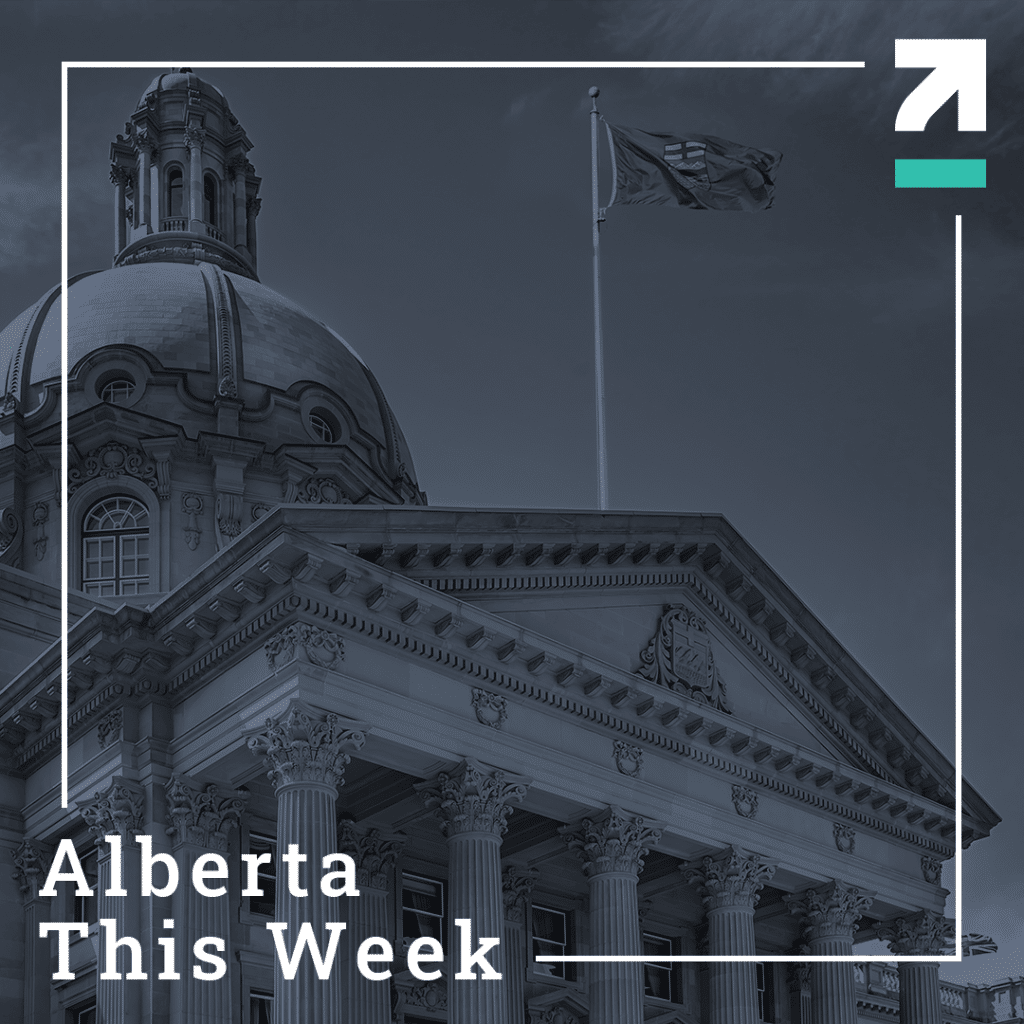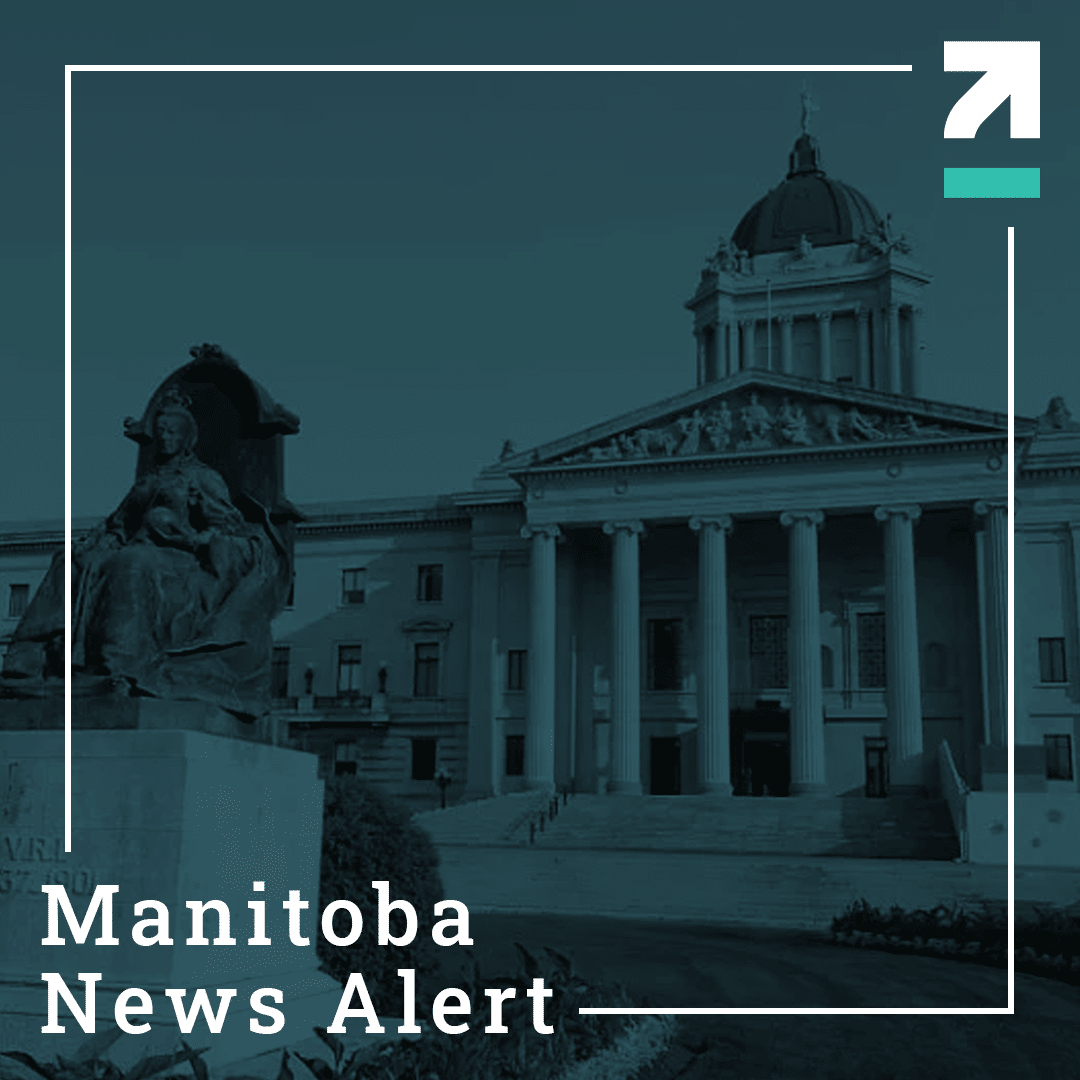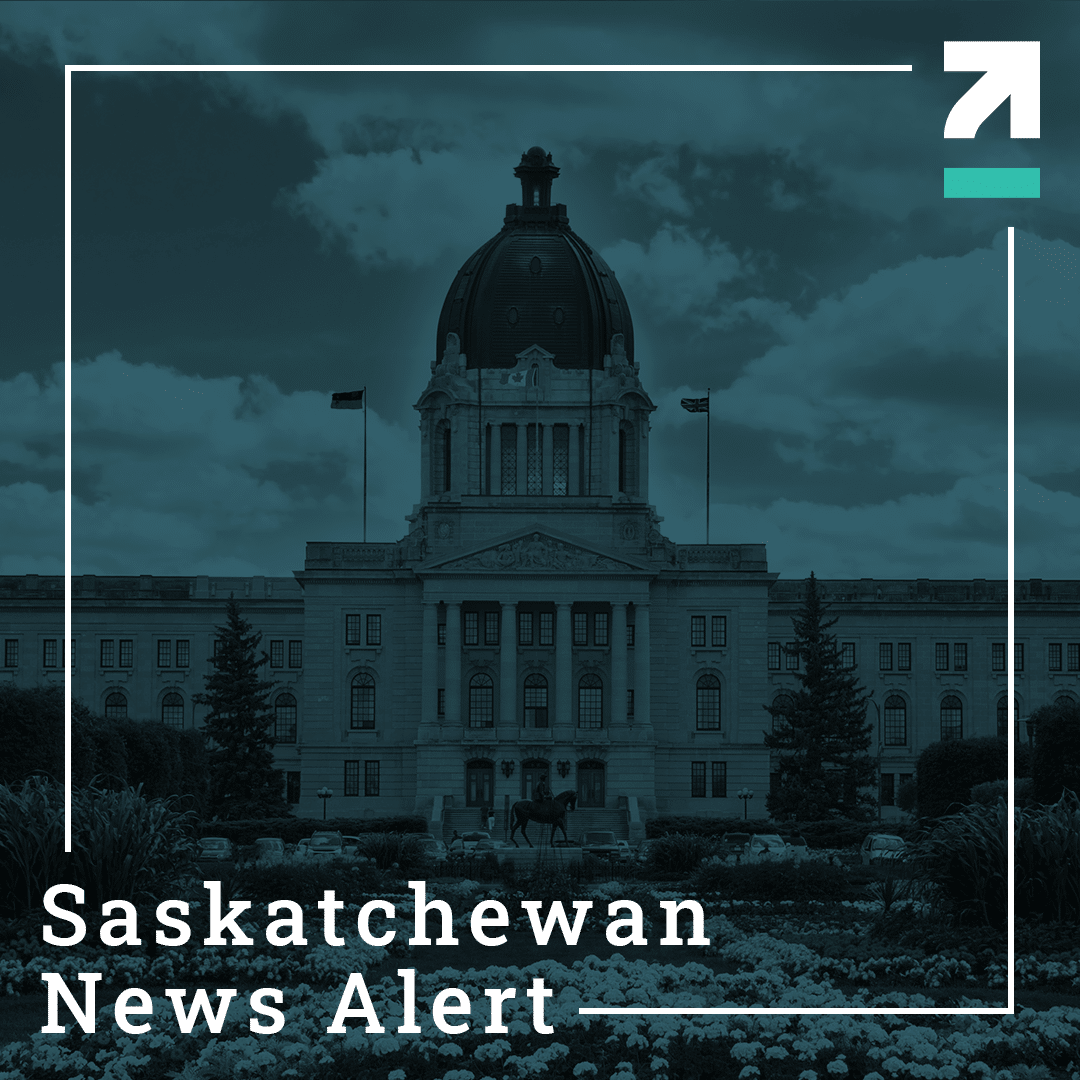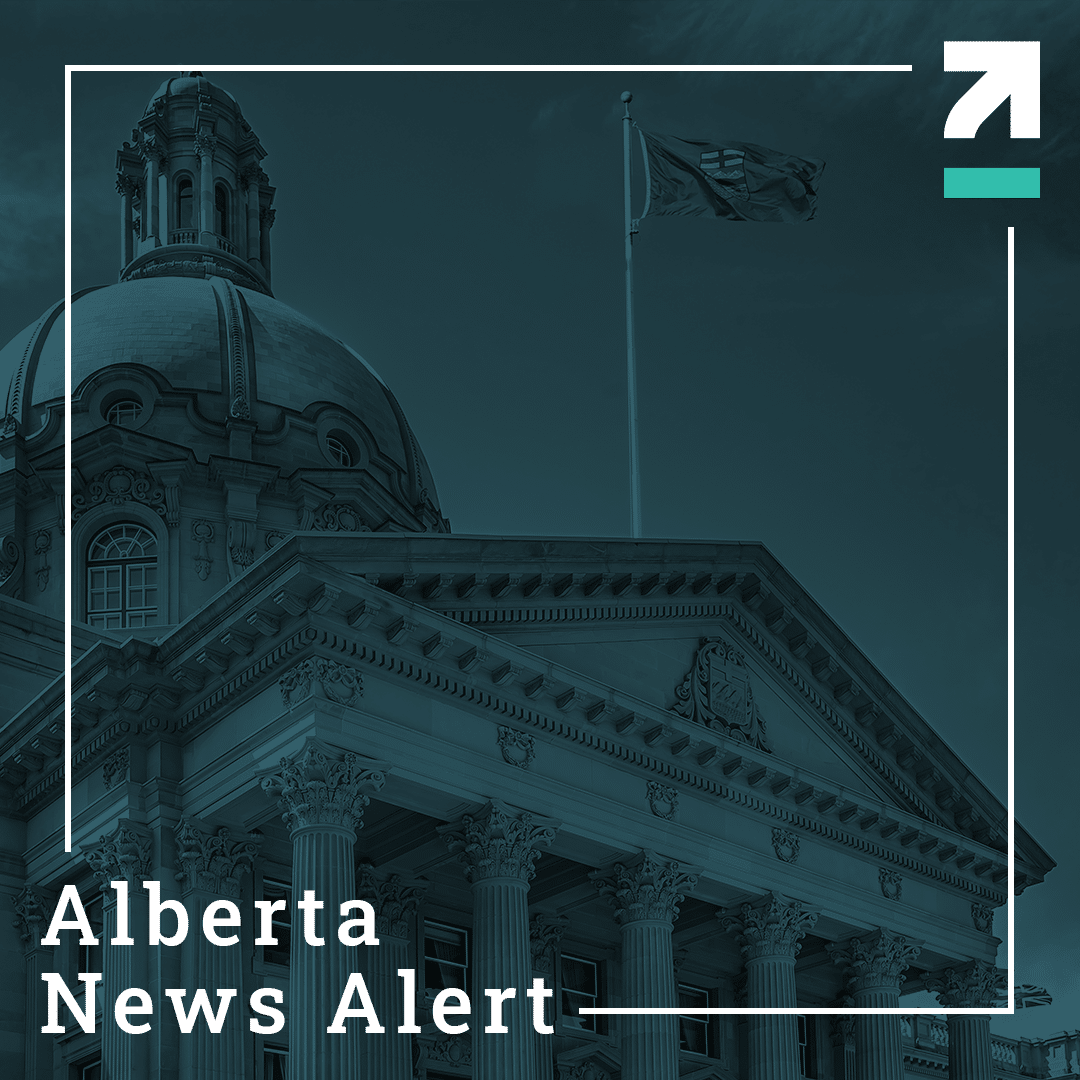What to Expect
Lorem ipsum dolor sit amet, With the Legislature back in session this week (see below for details on the Throne Speech), discussion will turn to the bills being introduced, especially the Alberta Sovereignty Within a United Canada Act. Other bills will enact the affordability measures Premier Smith announced last week in her TV address, and a bill to amend the Police Act.
The Throne Speech kicks off a new legislative session, which can, according to the Order Paper, run until December 22, but the government has indicated it will end on December 15. The quick session means that the government is looking to introduce and pass a limited amount of bills and get MLAs back to their constituencies before Christmas.
Speech from the Throne
Lieutenant Governor Salma Lakhani delivered the Speech from the Throne yesterday, outlining Premier Smith’s priorities and the legislative agenda. It mirrored the language and tone of the Premier’s televised address last week, stating that this was a challenging time, requiring targeted measures to help those Albertans struggling most, and that the affordability crisis was due to reasons beyond the province’s control, citing war and supply chains to federal overreach, high spending, and regulatory burden. Further, the Speech outlined a need to deal with the strain on the healthcare system. This set up the legislative agenda.
The Inflation Relief Act was mentioned first with the Lt. Governor reiterating the details of the $2.4 billion spending package to address affordability. This act will be introduced as Bill 2, and includes:
- Providing households that earn under $180,000 with a tax-free payment of $600 over six months to each senior, to parents for each dependent child under 18, and to each vulnerable Albertan collecting AISH, PDD and income support;
- Reindexing AISH, PDD, income support, the Alberta Seniors Benefit, and the Alberta Child and Family Benefit to inflation;
- The suspension of the entire provincial fuel tax for at least six months and making the current fuel relief program permanent thereafter;
- Rebates on consumer electricity bills through the winter months totalling an additional $200 per household;
- Making the current natural gas rebate program permanent; and
- Indexing personal income taxes retroactively to 2022 levels.
Healthcare was addressed next, and the Speech outlined that spending would be focused on frontline services and cutting management costs. The plan includes instructions to Alberta Health Services to maximize the use of all surgical facilities across the province while using chartered facilities to deliver more needed surgeries more quickly for more Albertans. Also included in the reform action plan is decreasing EMS response times by cutting patient transfers, using non-emergency vehicles for inter-facility transfers, and empowering paramedics to provide on-site evaluation and treatment, where possible. Additional health professionals will be brought in to increase emergency room staff levels. For mental health and addictions, the province plans to continue its treatment-first approach and expand mental health support for youth and children.
Moving on to jobs and economic growth, the Speech focused on several aspects of Alberta’s economy. This includes championing innovation, focusing on education and training programs, cutting inter-provincial trade barriers (a focus of former Premier Kenney), implementing strategies to diversify the economy, and investing in carbon capture and hydrogen, all while supporting Alberta’s agriculture and energy sectors. In an assertive aim at federal environmental policies, the Speech stated: “Humankind has not solved its challenges by cutting economic growth and making people more poor. That is a recipe for environmental disaster and poverty. We overcome our greatest challenges through innovation, technology, wealth creation and economic growth. And that is exactly how Alberta intends to take on the challenge of lowering our province’s and the world’s emissions. It is time for our federal government to get on board with that plan, and rather than land-locking our province’s energy and technology, work with us to take our clean energy and technology to all the world.” The Speech then referenced economic corridors and high-speed broadband as key economic priorities before shifting to the government’s approach to reconciliation with Indigenous peoples through growing economic partnerships and investments, like the previous government.
Finally, the Throne Speech addressed Alberta’s relationship with the federal government. By focusing on the Charter of Rights and Freedoms and the Constitution Act, Alberta will stand up for those rights enumerated to individuals and provinces. The critical line from the speech was “Ottawa is not our ruler; Ottawa is our partner – and it needs to begin acting like it.”
The first piece of legislation introduced is the Alberta Sovereignty Within a United Canada Act, addressing this relationship. This retroactive piece of legislation will be used as a “constitutional shield,” allowing the provincial government to refuse any unconstitutional federal measure or policy within the boundaries of Alberta. To reassure those skeptical of the Act, the Throne Speech noted, “Let us make no mistake, Albertans are proud Canadians, and we love our country. This legislation will never be used to undermine the rule of law or the unity of our nation.”
A bill to enact a new pay agreement made with the province’s doctors earlier this month is also expected, and so too is a change to the Police Act.
The full text of the Speech from the Throne can be found here.
Bill 1 – The Alberta Sovereignty Within a United Canada Act
Immediately after the Throne Speech was read, Bill 1 was introduced and a division was called. The Opposition NDP voted against the introduction of the bill, a rare act and a possible indicator of the tone and level of acrimony the session will see.
The contents of The Alberta Sovereignty Within a United Canada Act were also finally made known. The Act will give Cabinet a significant amount of power, allow Ministers, after a motion in the Legislature authorizing the use of the Act, to exercise a power vested in that Minister by legislation or regulation, give specific directives to “provincial entities” as defined by the Act, temporarily amending enactments in accordance with the resolution, or any other action Cabinet is legally able to take.
While private individuals or companies will not be forced to defy federal legislation under this Act, provincial entities will be, this includes:
- a provincial public agency
- a provincial Crown-controlled organization
- an entity that carries out a power, duty or function under a provincial enactment
- an entity that receives a grant or other public funds from the provincial government that is contingent on the provision of a public service
- a regional health authority
- a public post-secondary institution
- a school board
- a municipality
- a municipal or regional police service
- any other similar provincially regulated entity set out in the regulations
Bill 1 will be fiercely debated, both inside and outside the Legislature. While Premier Smith hopes to focus on affordability and healthcare – more tabletop issues – the raucous discussions likely to emanate from the introduction of the Bill will likely dominate this session.
The Week That Was
Yesterday afternoon, Premier Danielle Smith was officially sworn in as MLA for Brooks-Medicine Hat.
Following the Speech from the Throne, former Premier Jason Kenney resigned as MLA for Calgary-Lougheed. He was elected leader of the UCP in 2017 and became Premier in 2019.
Alberta, along with the Saskatchewan and Manitoba governments, are opposing the federal proposed amendments to Bill C-21 which, if passed, would criminalize many legally obtained firearms.
The provincial government is investing an additional $3.5 million toward the New Beginnings Bursary, supporting an estimated 700 additional eligible low-income applicants for the 2022-23 academic year.
The government has announced that it will be increasing the initially committed investment of $7.5 million to more than $15 million over three years to improve the quality and accessibility of mental health and addictions support services.
According to the second quarterly fiscal update for this year, the province is currently at a forecasted surplus of $12.3 billion, which is largely attributed to bitumen royalties, corporate income tax, among other revenue sources.
To mitigate the burden of the increased cost of living, the Alberta government is adjusting social benefits such as AISH, income support, the Alberta Seniors Benefit, and Alberta Child and Family Benefit rates by six per cent to be reflective of the rate of inflation.






